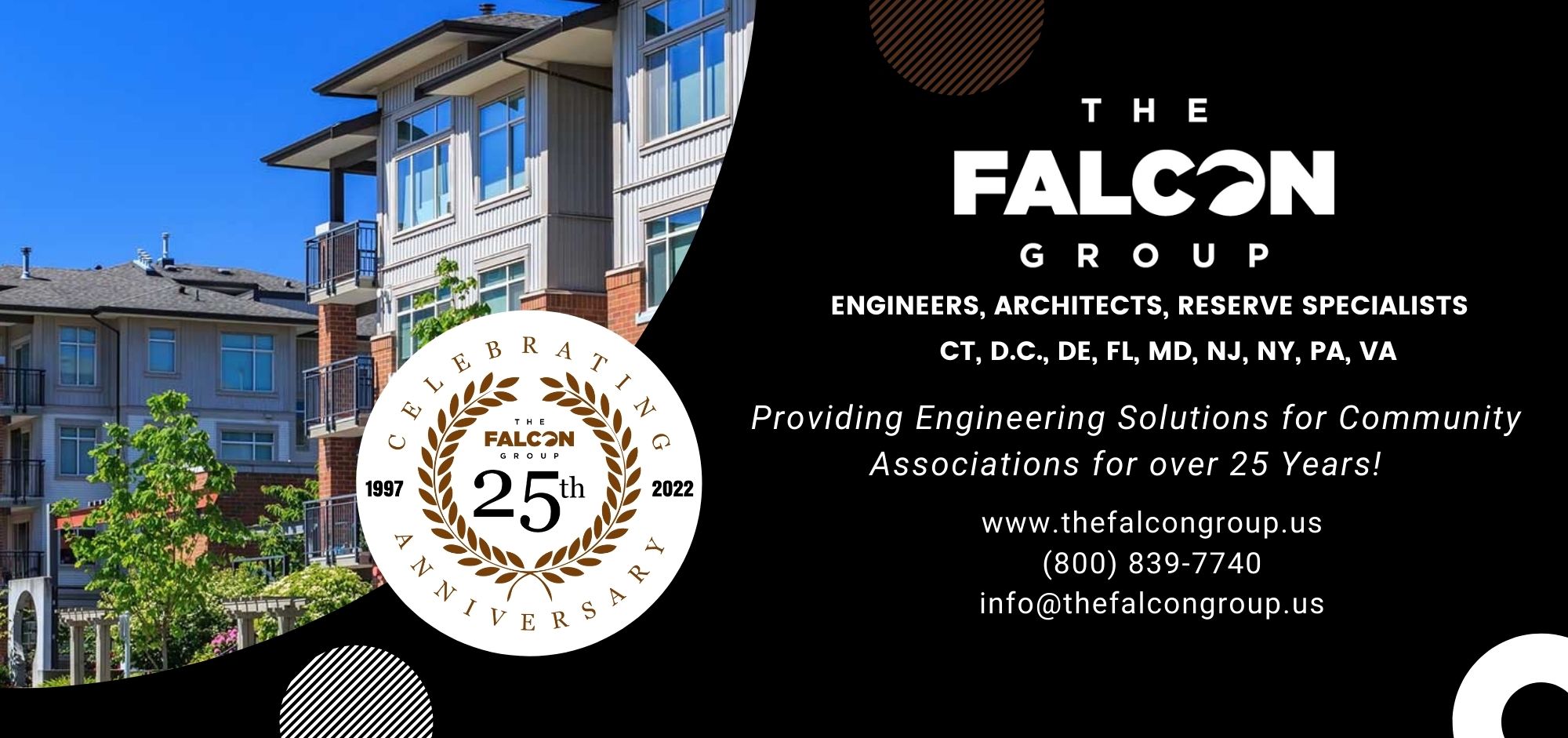Hurricane Recovery: A rundown of lessons learned from previous storms from Becker Shareholder Joseph E. Adams
Hurricane Recovery: A rundown of lessons learned from previous storms from Becker Shareholder Joseph E. Adams
Recovery From Hurricane Ian
Unfortunately, Hurricane Ian was a historic storm and has left a wide and substantial swath of damage across Southwest Florida. As we all work to recover from the ongoing effects of Hurricane Ian, I would like to share a few pointers we have learned from past storms and some things we are experiencing with Ian:
- Flood Damage: A significant part of Ian’s damage resulted from rising water, which is generally and generically referred to as “flood damage”. It is very important to note that flood insurance and processing flood insurance claims is covered by federal law, not Florida law. Among the notable differences, federal law requires that a “Proof of Loss” be filed for flood claims within 60 days, and the statute of limitations under flood policies is one year.
- Disaster Recovery Contractors: There are a number of large national companies, as well as others, who employ large crews of “storm chasers”, and arrive at disaster sites to shore up the property, dry it in, and dry it out. This is critical work and many of these companies are reputable, but not all are. Bills for significant damage sites can quickly approach seven figures (one million dollars plus) without proper justification. Associations can understandably feel under pressure to sign these companies up quickly but there are several critical things to keep in mind:
- Approval From Your Insurer: Most reputable companies will be known to your insurers and be able to demonstrate they have the “go ahead” from the insurer before engaging in major work.
- “Mapping”: As Southwest Florida is a significant disaster zone, insurance adjustors are overwhelmed and one may not visit your property for weeks, or longer. It is very important that the disaster relief contractor properly document the conditions it finds and remediates, commonly known as “mapping.”
- “Assignment of Benefits”: Historically, various participants in this field have asked for an assignment of the association’s insurance policy rights, known as an “AOB”’. AOB contracts are now strictly regulated by statute but should never be given to an outside contractor.
While getting dry-out work started quickly is critical, the association should not enter into a contract with a remediation company, or any vendor, if the association is not comfortable with the term of the agreement and confident in the company. It is always better to take a step back and make a thoughtful decision than to rush into a bad agreement.
- Application Of Your Community’s Governing Documents: If the association has experienced significant damage, it is critical that the association be aware of the requirements of the governing documents, especially for condominiums. For example, many documents state that if a certain percentage of the units are rendered “uninhabitable” (usually an undefined term), the condominium is automatically “terminated” (legally extinguished) if a vote to rebuild is not taken, often in a very short time frame such as 60 days after the loss. Other “gotcha” clauses in documents might include the requirement to have a bank act as “insurance trustee” for insurance proceeds.
- Emergency Powers: The “emergency powers” provisions of the statutes are now in effect. Among other powers conferred are the power to contract for debris removal and authorize appropriate remediation, including removal of wet drywall and cabinetry, subject to any limitations of the condominium documents. The emergency powers statute also gives associations flexibility in noticing and holding membership and board meetings. As much as is practicable, you should consult with your association’s attorney regarding use of the statutory emergency powers.
The next few months will be a trying time for everyone in Southwest Florida and practically every community association will have to deal with some consequence from Hurricane Ian. The decisions that board members and owners make at this time will, to a great degree, determine outcome for many communities.
Joseph E. Adams is a Board Certified Specialist in Condominium and Planned Development Law, and an Office Managing Shareholder with Becker & Poliakoff. Please send your community association legal questions to jadams@beckerlawyers.com. Past editions of the Q&A may be viewed at floridacondohoalawblog.com.
Tags: Condo and HOA, Florida Building Inspections, Management News













